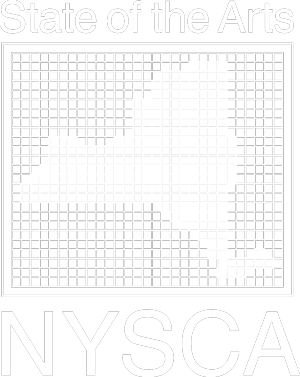On Tour: Erie, PA

From the window of the tiny connector plane, Lake Erie stretches so wide behind the eponymous town, a mottled map of green farms and industrial infrastructure, that you can see the curvature of the earth in its glassy surface. This is only my second visit to the Great Lakes ever, after the Traverse City Film Festival in Michigan, just over a month ago. The man sitting next to me on the flight, a burly ex-marine who now works in sales at a large tech startup company, was born and raised in Erie, and recommends that I “hotwire a car” to more easily travel between the Super 8 motel and my scheduled activities around town. (I’m not sure if this is a deadpan joke or a regional or slang usage of the term that I haven’t heard before.)
I decide to rent a car. The energetic young woman working at the Enterprise desk asks why I’m in town and, when I tell her it’s to present my film at Mercyhurst, exclaims that she is an alumna and has seen the publicity on social media. “Brooklyn, New York,” she says with a smile as she examines my driver’s license. “I can’t even imagine what that’s like!”
The audience at the screening is comprised of several dozen viewers including students, professors, community members spanning a wide age range, union members, and the owners of of local coffee roasting company called Happy Mug featuring fairly traded coffee. After the screening, they offer freshly brewed samples of their wares to stimulate the discussion.
One student asks about the conflict between immigration reform and labor, stating his belief that both “open borders”—which he says he supported—and raising minimum wage “artificially” would lead to unemployment. I reply with a couple of ideas. On the one hand, raising the “floor” of wages for low-wage workers benefits the whole economy, because these consumers have more to spend and they do so. I also don’t believe that any market process, such as setting wages, happens “naturally”—governments, institutions and individuals make decisions and intervene constantly. On the other hand, it’s interesting to see that the traditional conflict between organized labor and immigration has been changing in recent years, as many large unions like the AFL-CIO have realized that the future of their movement lies in organizing low wage workers, including the millions of undocumented workers that are already here.
This last point sparks some really interesting comments from Michael A. Hanson, the Business Development Coordinator of Local 56 of the International Brotherhood of Electrical Workers. “My union has done a complete 180 on the immigration issue in the past 10 years,” he says. “Now we organize lots of undocumented workers in the building trades. Calling immigrants ‘illegal’ is a strategy of the 1% to divide us.”
For me, this comment reveals in a nutshell the incredible potential of the historical moment we’re living in right now to begin to reverse the tide of economic inequality—if only enough people have the courage to find common cause with others across the divides that keep us separate in so many ways.










